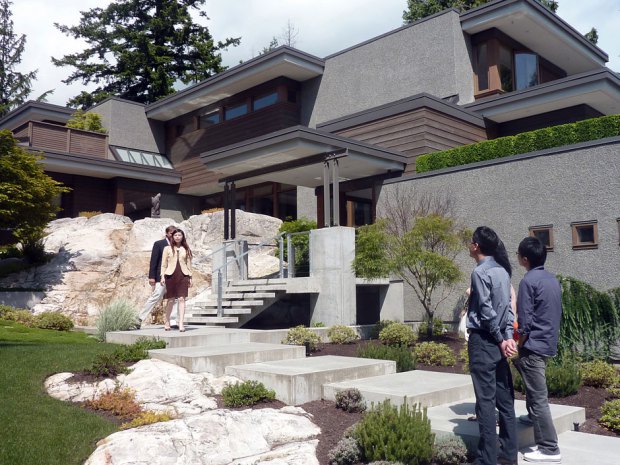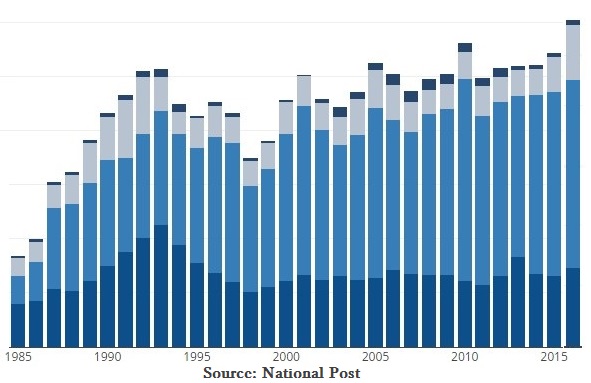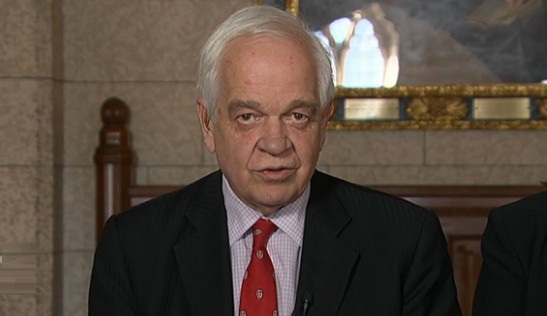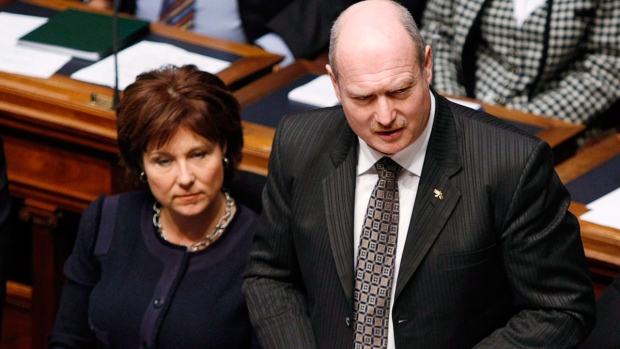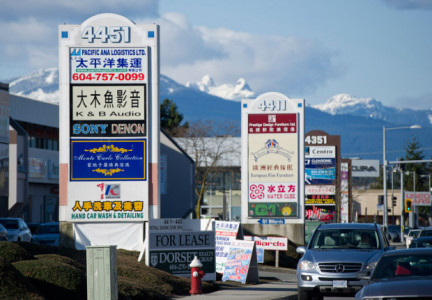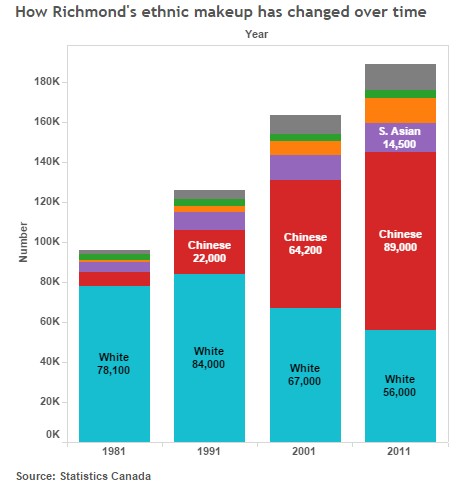Why in Vancouver’s wealthy neighborhoods — where houses cost over $2 million — over 30 percent of residents claim poverty
Mansion owners in Vancouver are claiming poverty at the same levels as those suffered by the city’s homeless struggling in the Downtown Eastside.
A recent study by University of B.C. geographer Dan Hiebert has revealed that wealthy business-investor immigrants to Canada — hundreds of thousands of whom have chosen to relocate to Vancouver — are “poor” enough to receive social welfare.
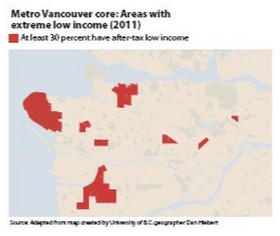
The neighborhoods that report the most poverty, according to Hiebert’s report, which is based on Statistics Canada data, are the upscale Metro neighborhoods with high proportions of immigrants — mostly Chinese.
In these areas over 30 percent of adults claim poverty.
The houses in these areas, including Shaughnessy-Arbutus, south of Oakridge Shopping Center, and north-central Richmond — sell in the range of $2 million to $6 million Canadian.
Shaughnessy-Arbutus is currently 50 percent Chinese and 34 percent white, although the percentage of Chinese in all of Vancouver’s neighborhoods is currently rising.
South of Oakridge Shopping Center, the percentage of Chinese is 70 percent. Whites make up 20 percent.
Several north Richmond neighborhoods are “low-income” according to tax stats. These neighborhoods are also approximately 60 percent Chinese.
Hiebert’s data echoes another recent study conducted by Vancouver mathematician Jens Von Bergmann which found that 1 in 10 households declare less income than they spent on housing costs — mostly in Vancouver’s West Side.
Canada’s business investor program allowed foreign nationals to obtain a Canadian passport in exchange for a temporary investment of $800,000 Canadian — an amount much lower than similar programs in other countries popular with wealthy immigrants. The program was cancelled last year but the Quebec business investor program remains in use, allowing thousands to land in Quebec before relocating to Vancouver.
Just those immigrants who have relocated to Vancouver (current population under 2.5 million for Greater Vancouver Area) using this program amount to approximately 200,000 in the last generation. However, the number of new immigrants to Vancouver is estimated to be over 30,000 per year.
Many Canadians see this issue in terms of tax fairness because those rich in assets but poor in income do not pay for public services.
However, a further consideration exists, according Vancouver immigration lawyer Samuel Hymm.
Many of these families actually do have high incomes — a phenomenon in Canada known as “astronauts” because the husband usually works overseas while the wife and children live in Canada — but these incomes are not reported and, according to Hymm, neither the B.C. government or the federal government are cracking down on rich home buyers.
Critics such as Immigration Watch Canada’s Dan Murray have pointed out the political nature of the problem. Despite the breadth of the issue and the cost to Canadian taxpayers, no Canadian political party has said a word about it, despite the current federal election.
“So far, none of our five major political parties has even uttered a peep about this matter,” Murray told The Speaker. “The point is that several million immigrants — particularly hundreds of thousands of Investor Immigrants — have been taking huge amounts of economic and social benefits from Canada, but have been contributing next to nothing. And they have been getting away with it because the Canada Revenue Agency has not pursued these hundreds of thousands or millions of cheats.”
Murray has asserted that the issue should be a top election matter. “It translates into a major scandal,” Murray said. “It should be a major election scandal.”
